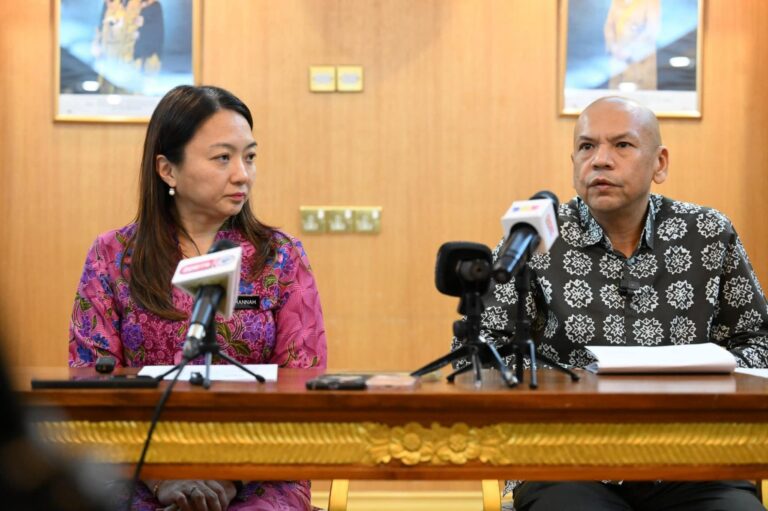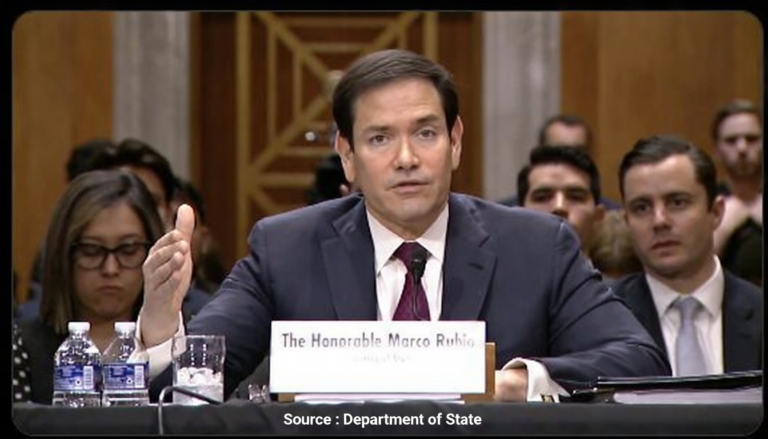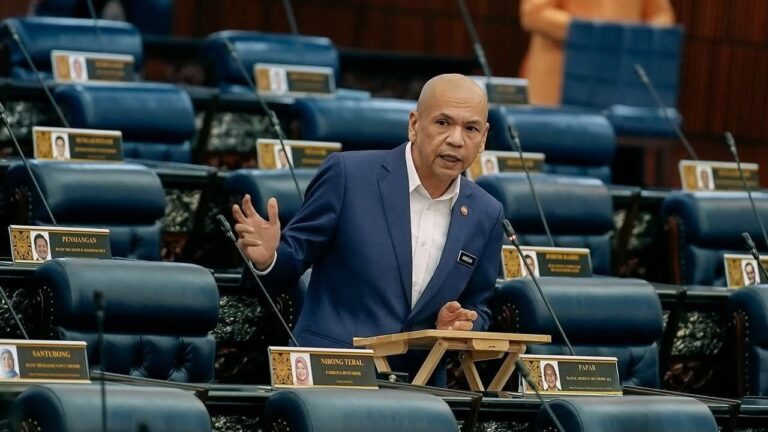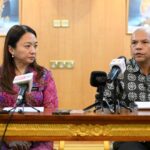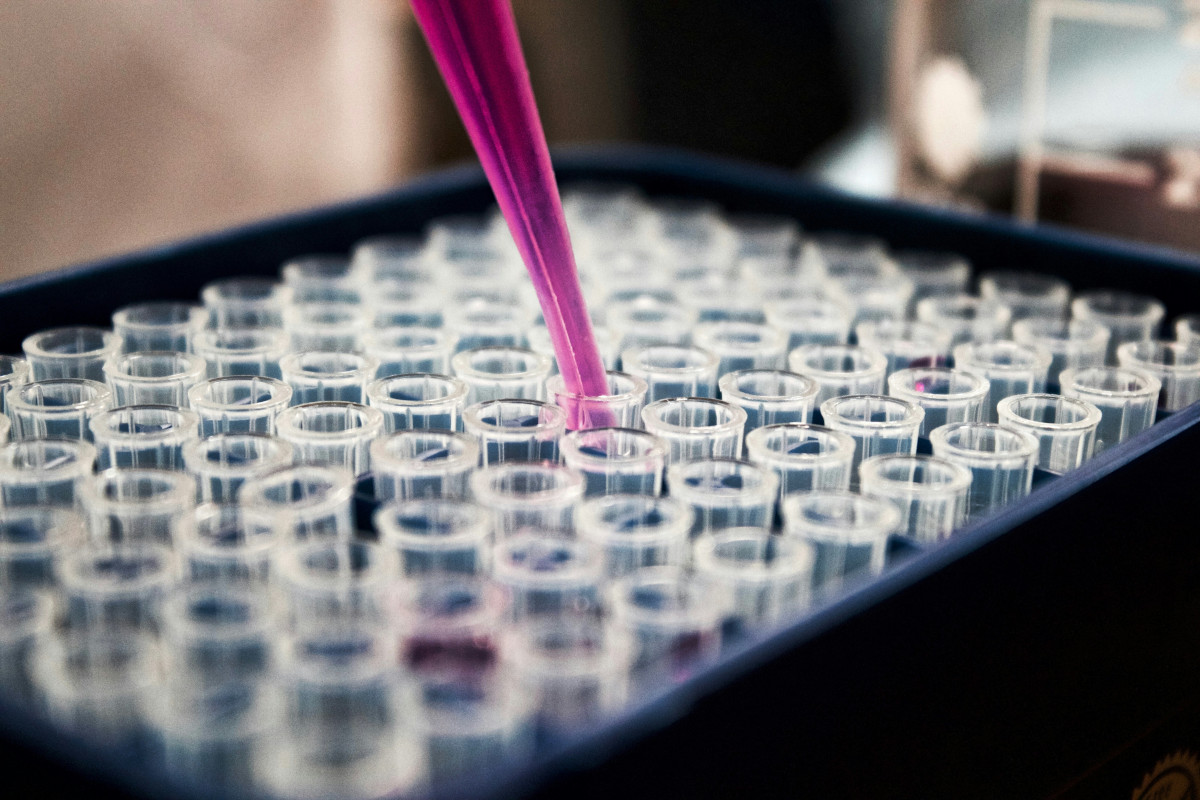
By Sarinder Kaur Dhillon
If you’ve ever sat in a hospital waiting room, you’ll know the quiet mix of hope and anxiety that fills the air. For cancer patients, that wait often feels like an eternity , waiting for test results, for treatment decisions, for answers that could change everything. Behind the scenes, doctors are often trying to piece together a complete picture of a patient’s condition from multiple systems, departments, and even paper files. In Malaysia, as in many countries, this fragmentation slows decisions and limits how precisely care can be tailored.
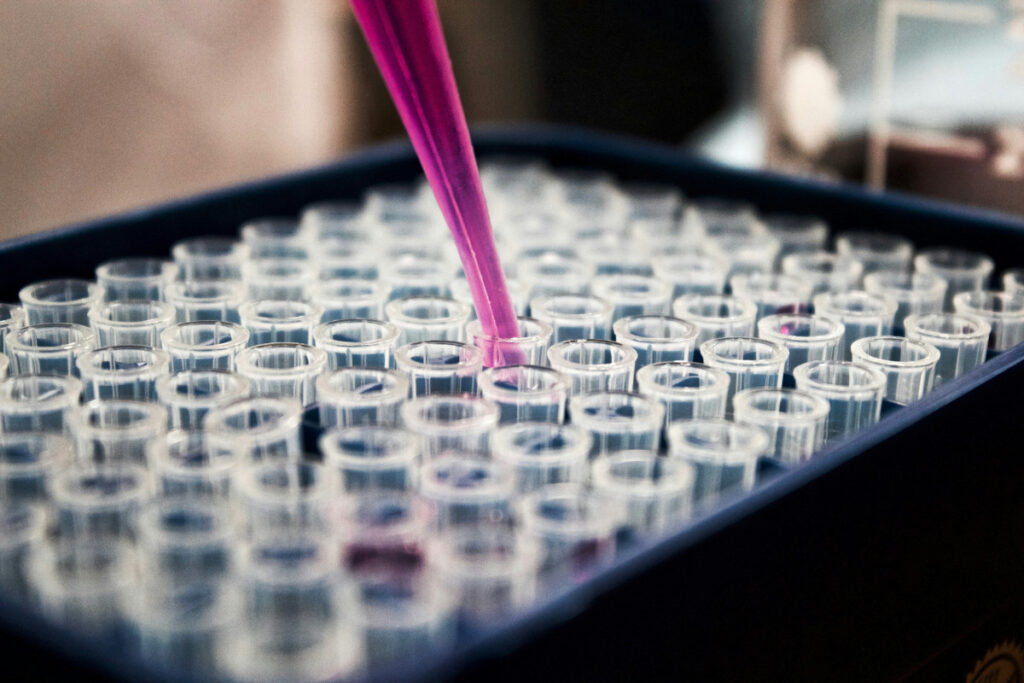
We believe it doesn’t have to be this way. Imagine a future where every scan, lab result, genomic profile, and clinical note is securely connected, accessible in one place, and analysed with the help of artificial intelligence. That is what we aim to achieve through the “Next-Generation AI-Driven Unified Cancer Data Ecosystem and Framework for Clinical Service and Research in Malaysia” which is a project designed not just to improve treatment today, but to reshape the way we fight cancer for decades to come.
Cancer remains one of the leading causes of death in Malaysia, and the challenges we face are both familiar and unique. Medical data is scattered across hospitals, AI decision tools are rare, and data standards are inconsistent. Through our work under the AI for Medicine Research Grant Scheme 2025, we are uniting cancer data across platforms and formats, embedding AI into decision-making, and laying the foundation for precision oncology in Malaysia. This is not simply about catching up but it is about setting a new standard for how countries like ours can leapfrog into the future of cancer care.
Our vision is to consolidate clinical records, imaging, pathology, genomics, and patient outcomes into a single, interoperable system that integrates seamlessly with existing hospital infrastructure. Built to global standards such as Fast Healthcare Interoperability Resources (FHIR) and Observational Medical Outcomes Partnership (OMOP) Common Data Model (CDM), the platform will allow our clinicians and researchers to work in sync with peers around the world. This unified view of each patient’s cancer journey marks a fundamental shift from disconnected silos to truly connected care, where every decision is informed by the complete story.
We are delivering this vision in three phases over eight months. We begin with intense engagement from working with clinicians, researchers, and IT experts to define what the system must deliver, reviewing best practices worldwide to mapping our current systems to identify integration opportunities. Next comes the technical build: harmonising data, creating secure pipelines, and embedding rigorous anonymisation to protect patient privacy. The final phase focuses on real-world impact which is testing the system’s research potential, developing AI guidelines for clinical use, and ensuring policy alignment so the platform can be scaled nationwide.
In practice, this will mean that our doctors have AI-powered tools to support more accurate diagnoses, predict patient outcomes, and recommend treatments based on patterns drawn from thousands of cases. Our researchers will have access to harmonised, large-scale datasets, accelerating discoveries and enabling even small teams to contribute meaningfully to national and global oncology research. By integrating genomic, imaging, and clinical data, we will be able to move beyond “one-size-fits-all” guidelines and develop treatment plans tailored to each patient’s unique profile.
We also know that technology alone is not enough. That is why we have built training into our project from the start, ensuring that healthcare workers, researchers, and IT teams are ready to use the system effectively. Our multidisciplinary team spans the University of Malaya’s Faculties of Science, Medicine, Computer Science, and Law, and we work closely with the Ministry of Health, National Health Institute, and multiple clinical departments. This breadth of expertise ensures the platform meets both clinical needs and policy priorities.
Handling sensitive medical data demands trust, so we have placed privacy and ethics at the heart of our work. We are implementing federated learning techniques to enable collaborative analysis without exposing individual records, and we have established clear governance, patient consent protocols, and equitable access guidelines to set a benchmark for responsible AI in healthcare.
While our first goal is to transform cancer care in Malaysia, our ambitions extend further. By creating a scalable, standards-based platform, we aim to offer a model for other low- and middle-income countries facing similar data challenges. This initiative aligns with Malaysia’s digital transformation goals and positions our nation as a hub for AI-driven healthcare, research partnerships, and medical innovation in Southeast Asia.
We have designed the system to grow by expanding to new data sources, adapting to emerging AI tools, and moving beyond oncology into other specialties. Our sustainability plan blends government support, research funding, and strategic partnerships to ensure that this is not a short-term project but a lasting investment in the future of healthcare.
For us, this work is about more than technology, it is about reimagining what is possible for cancer patients in Malaysia and beyond. We believe that by bringing together people, data, and technology, we can tip the balance in the fight against one of humanity’s greatest health challenges. And we are building that future now, with the conviction that every patient, every family, and every clinician deserves the best that science and innovation can offer.
Prof. Dr. Sarinder Kaur Dhillon is a Professor at the Institute of Biological Sciences, Faculty of Science, Universiti Malaya, and is the lead researcher for Next-Generation AI-Driven Unified Cancer Data Ecosystem and Framework for Clinical Service and Research in Malaysia.





